In today’s rapidly evolving society, personal safety, security, and preparedness have never been more paramount.
Perhaps you’ve been lulled into believing that self-defense is reserved exclusively for certain groups or demographics.
However, the truth is, no matter who you are, the potential dangers of the modern world don’t discriminate.
Understanding and mastering self-defense techniques isn’t about fostering fear but about cultivating a sense of readiness and empowerment.
By arming yourself with the tools and knowledge to protect yourself and those around you, you’re not just adapting to the demands of our changing environment but taking proactive steps to navigate it confidently.
This article is a comprehensive guide designed specifically for you, highlighting why self-defense is not only beneficial but essential in today’s context.
Dive in, and let’s journey together towards empowerment and safety.
Navigating a Changing World
As you step into the complexity of today’s world, it’s crucial to understand how the evolving landscape impacts your personal safety.
Let’s delve into why self-defense is not just a choice but a necessity for navigating these changes.
1. You’re Not Immune to Danger

Contrary to popular belief, no one, including you, is immune to the risks that come with everyday life.
Whether it’s walking through a poorly lit parking lot, commuting on public transportation, or simply being in the wrong place at the wrong time, danger does not discriminate.
The notion that physical threats are only a concern for others is a dangerous misconception.
As a man in today’s society, recognizing your vulnerability is the first step towards taking control of your safety.
Learning self-defense equips you with the skills to handle unexpected situations, giving you a significant advantage should you ever find yourself in a perilous scenario.
2. The Reality of Urbanization and Crime Rates
In our rapidly urbanizing world, cities are becoming denser, and with this density comes a unique set of challenges.
Urban environments, with their intricate mix of people and hidden corners, often present scenarios where you might find yourself in a vulnerable position.
Increased crime rates in certain areas, coupled with the anonymity of crowded spaces, can create a hotbed for opportunistic crimes.
It’s not about living in fear, but acknowledging that these urban dynamics can impact your day-to-day safety.
By mastering self-defense, you’re not just preparing for the worst; you’re equipping yourself to confidently navigate these urban complexities.
It’s about understanding the environment you live in and being prepared to face its challenges head-on.
Boosting Your Confidence and Mental Fortitude
Embarking on a journey of self-defense is not just about learning how to punch or kick; it’s an empowering process that significantly boosts your confidence and mental fortitude.
Mastering self-defense skills can bring profound changes to your mental and emotional well-being.
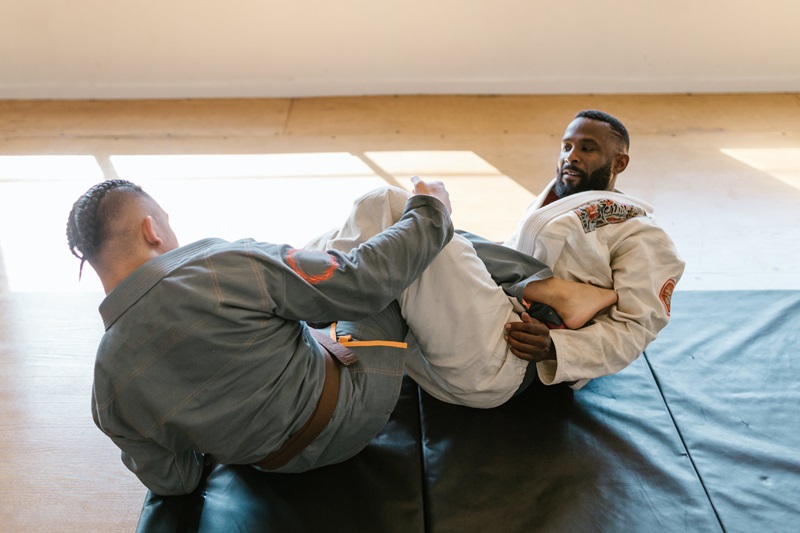
4. Finding Your Peace of Mind
In a world brimming with uncertainties, one of the greatest gifts you can give yourself is peace of mind.
When you train in self-defense, you’re not just preparing your body for potential threats; you’re also conditioning your mind to be more at ease.
This tranquility comes from the knowledge that you are capable of protecting yourself and your loved ones in a dire situation.
It’s about replacing fear and uncertainty with a sense of control and readiness.
This mental shift is profound, as it permeates all aspects of your life, helping you to be more relaxed, focused, and present in your daily activities.
Imagine walking down the street, sitting in a meeting, or traveling alone with a grounded sense of security – that’s what self-defense can offer you.
5. Empowerment in Your Hands
Learning self-defense is a journey of empowerment. Each class, each technique, and each sparring session serves to remind you of your own strengths and capabilities.
This isn’t just about physical strength; it’s about realizing your potential to overcome challenges, both physical and mental.
This sense of empowerment is incredibly transformative. It fosters a positive self-image and instills a belief in your own capabilities.
As you progress in your training, watch how this newfound confidence starts to influence other areas of your life – be it at work, in social situations, or in facing personal challenges.
6. Building Resilience Through Challenges
Self-defense training is not a walk in the park. It’s filled with challenges, setbacks, and moments of self-doubt.
However, it is through these trials that your mental fortitude is forged.
Each time you overcome a difficult training session, learn a complex technique, or get back up after being taken down, you’re building resilience.
This resilience is key to mental toughness.
It’s about developing the grit to push through tough times, the perseverance to keep going when things get hard, and the strength to bounce back from setbacks.
This aspect of self-defense training teaches you to approach life’s challenges with a fighter’s spirit – not to be aggressive, but to be unyielding in the face of adversity.
7. Enhancing Focus and Mindfulness
Self-defense requires a high level of focus and mindfulness. You need to be acutely aware of your surroundings, your opponent’s movements, and your own body.
This practice of mindfulness is incredibly beneficial for mental health. It teaches you to be fully present in the moment, reducing stress and anxiety.
The focus demanded in self-defense classes can also enhance your concentration and attention in other aspects of your life, improving your overall mental clarity and productivity.
Your Physical Fitness and Health Benefits
When you embark on the journey of self-defense training, you’re signing up for much more than learning how to defend yourself.
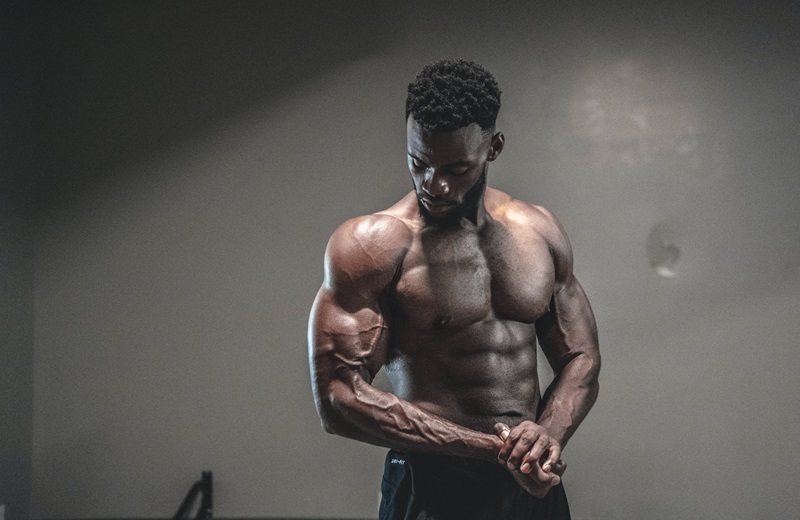
You’re also stepping into a world that can significantly enhance your physical fitness and overall health.
8. A Holistic Workout for You
Self-defense training offers a comprehensive workout that touches upon various aspects of physical fitness.
Unlike traditional gym routines that might focus on specific areas, self-defense classes provide a full-body workout.
Techniques practiced in classes such as martial arts, boxing, or Krav Maga engage multiple muscle groups, improving overall muscle tone and strength.
This form of training also boosts your endurance and cardiovascular health.
Each session is a blend of aerobic and anaerobic exercises, which not only helps in burning calories but also improves heart and lung health.
Additionally, many self-defense disciplines emphasize flexibility and balance, leading to improved body control and coordination.
9. Enhancing Your Reflexes and Agility
An often-overlooked aspect of physical fitness is reflexes and agility. Self-defense training places a significant focus on developing quick, sharp reflexes and improving overall agility.
Through various drills and sparring sessions, you’ll find that your reaction times improve, and your ability to navigate physical space becomes more precise and controlled.
This heightened state of physical readiness is not just beneficial in a self-defense scenario but can be advantageous in everyday activities, sports, and even in avoiding common injuries.
10. Mental Health and Stress Reduction
Physical activity is a well-known stress reliever, and self-defense training is no exception. Engaging in regular self-defense classes can be a powerful outlet for releasing tension and stress.
The focused nature of the training allows you to channel your energy and frustrations in a constructive way.
Moreover, the endorphin release from physical exertion can lead to improved mood and a sense of well-being.
This mental health aspect is a critical component of your overall health, contributing to a more balanced and stress-free lifestyle.
11. Promoting Discipline and Consistency
Self-defense training is not just about sporadic bursts of activity; it requires discipline and consistency.
By adhering to a regular training schedule, you instill a sense of discipline in your fitness routine. This consistency is key to achieving long-term health and fitness goals.
The structured nature of self-defense classes means you’re more likely to stick with your training, leading to sustained physical activity and its associated benefits over time.
Enhancing Your Social Interactions and Relationships
Self-defense training isn’t just a solitary journey of personal growth and physical prowess. It also plays a significant role in enhancing your social interactions and relationships.

This part of your self-defense journey can profoundly impact your social life, offering opportunities for connection, mutual respect, and community building.
12. Building Bonds with Like-Minded Individuals
When you join a self-defense class, you become part of a community with shared interests and goals.
This environment is ripe for forming strong bonds and friendships.
The nature of self-defense training, often requiring partner work and mutual trust, fosters a unique camaraderie.
You’ll find yourself surrounded by individuals who are not only your training partners but can also become close friends.
These relationships are built on a foundation of shared experiences, challenges overcome together, and mutual support.
In a world where making new, meaningful connections can often be challenging, self-defense classes provide a natural and engaging platform to do so.
13. Learning Teamwork and Social Skills
Self-defense training often involves group exercises, sparring sessions, and collaborative learning.
These activities teach you essential teamwork skills and improve your ability to interact effectively with others.
You learn to communicate clearly, listen actively, and work cooperatively towards common goals.
These skills are directly transferable to your personal and professional life, enhancing your ability to function well in team settings and diverse social situations.
14. Instilling Respect and Discipline
Respect and discipline are core tenets of most self-defense disciplines.
From bowing to instructors and training partners to adhering to the dojo’s rules, you’re constantly learning and practicing respect.
This respect extends beyond the training space – it becomes a part of how you interact with others in your daily life.
The discipline you learn on the mats – whether it’s showing up on time, maintaining your gear, or practicing regularly – also translates to improved self-discipline in other areas of your life.
15. Developing Empathy and Understanding
As you train, you’ll encounter people from all walks of life, each with their own stories and challenges.
This diversity offers a rich tapestry of perspectives and experiences.
Through interactions and shared experiences in training, you develop a deeper sense of empathy and understanding.
Recognizing and appreciating the struggles and triumphs of your training partners can lead to more profound, empathetic interactions in your wider social circle.
16. Contributing to a Supportive Environment
Self-defense classes often cultivate a supportive environment where members encourage and uplift each other.
This positive atmosphere can be incredibly beneficial to your mental and emotional health.
Being part of a community where encouragement and support are the norms can significantly boost your self-esteem and sense of belonging.
Furthermore, contributing to this supportive environment by encouraging others not only reinforces your social skills but also fosters a sense of fulfillment and purpose.
Breaking Away from Stereotypes
Self-defense training goes beyond physical capabilities and tactical knowledge.
It plays a crucial role in challenging and reshaping stereotypes, particularly those surrounding masculinity, strength, and vulnerability.
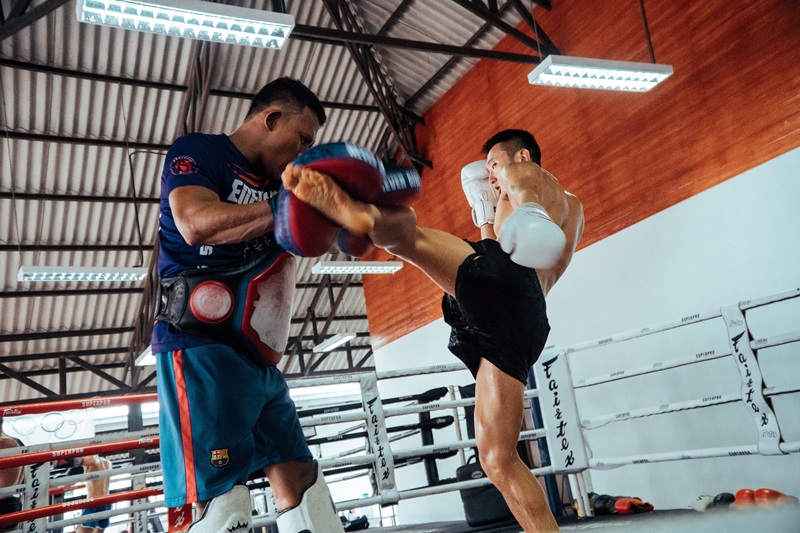
This aspect of your journey in self-defense is about redefining these concepts, not just for yourself, but in the broader context of society.
17. Acknowledging Your Vulnerability
In many cultures, men are often raised with the notion that showing vulnerability is a sign of weakness.
This stereotype can be detrimental, leading to a reluctance to acknowledge situations where one might be at risk.
Self-defense training breaks down this barrier by highlighting that vulnerability is a universal condition, not bound by gender or strength.
By accepting that you, too, can be vulnerable, you open yourself to learning and growth.
This acknowledgment is empowering, allowing you to take proactive steps towards your personal safety and well-being.
It also fosters a more authentic and honest understanding of yourself and your limitations, which is essential for personal development.
18. Fostering a Balanced Concept of Masculinity
The traditional notion of masculinity often equates strength with aggression and dominance.
However, self-defense training offers a different perspective by promoting a balanced concept of masculinity.
Here, strength is not about overpowering others, but about self-control, discipline, and the ability to protect oneself and others.
This perspective encourages a healthier, more constructive view of what it means to be strong.
It helps you redefine masculinity in terms of responsibility, respect, and resilience, rather than mere physical dominance.
19. Cultivating Empathy and Respect
In self-defense classes, you train with people of all genders, sizes, and strengths.
This diverse environment helps in breaking down preconceived notions and stereotypes.
You learn to respect everyone’s capabilities and understand that skill and strength come in many forms.
This environment is conducive to cultivating empathy, as you witness and experience different challenges and triumphs.
Understanding the struggles and strengths of others fosters a more empathetic and inclusive worldview.
20. Contributing to Positive Change
By participating in self-defense training and embracing these new perspectives, you contribute to a broader cultural shift.
Your approach to self-defense, grounded in respect, discipline, and a balanced understanding of strength, can influence others around you.
This ripple effect can help in gradually dismantling harmful stereotypes and fostering a more inclusive and understanding society.
21. Empowerment Beyond the Physical
Ultimately, self-defense training empowers you in ways that transcend physical capabilities.
It challenges and changes your perceptions, encouraging a more holistic and balanced view of yourself and others.
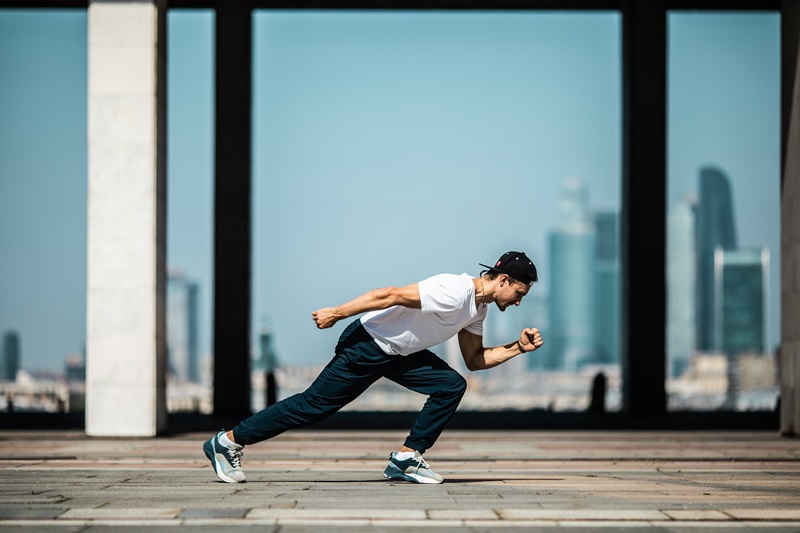
This journey is about much more than learning to fight; it’s about learning to understand, respect, and grow both as an individual and as a part of your community.
Conclusion
In embracing the journey of self-defense, you embark on a path that offers far more than the ability to physically protect yourself.
It’s a holistic experience that enriches you physically, mentally, and socially.
This journey invites you to challenge and overcome personal limitations, to grow in confidence and resilience, and to foster meaningful relationships within a supportive community.
It’s about breaking down stereotypes, redefining strength, and acknowledging vulnerability as a part of the human experience.
The skills and values you acquire extend beyond the training mat, influencing various facets of your life, enhancing your interactions with others, and contributing to your overall sense of well-being.
As you continue this journey, remember that it’s not just about the destination of becoming proficient in self-defense; it’s about the continuous growth, empowerment, and positive changes you experience along the way.
Stay committed, stay curious, and most importantly, stay empowered on this transformative path.

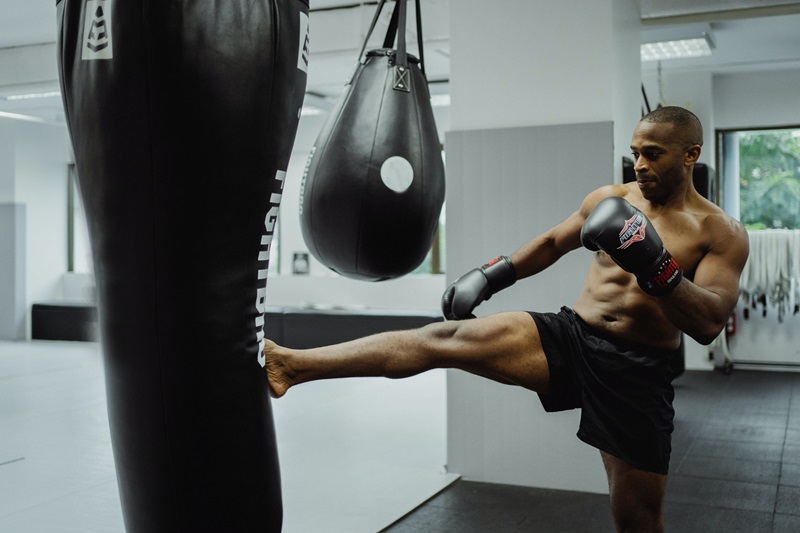
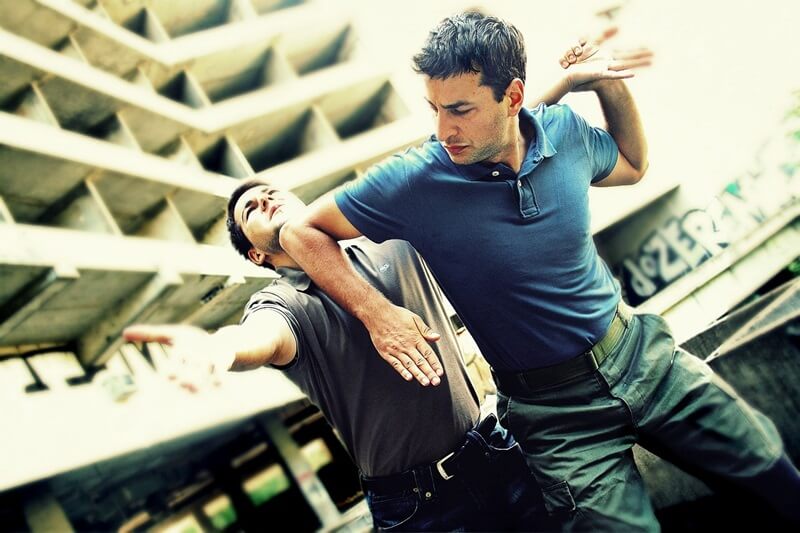



3. Adapting to Social Changes
The social fabric of our world is constantly shifting. With these changes come new forms of confrontation and aggression.
What might have been considered safe and non-threatening a few years ago might not hold true today.
Cultural shifts, economic strains, and societal tensions can all contribute to a landscape where conflicts may arise unexpectedly.
Self-defense training isn’t just about the physical techniques; it’s also about learning to read situations, understanding potential threats, and developing the ability to de-escalate scenarios.
This adaptive knowledge is crucial for you, as it transcends physical confrontation, offering a comprehensive toolkit for personal safety in a changing world.